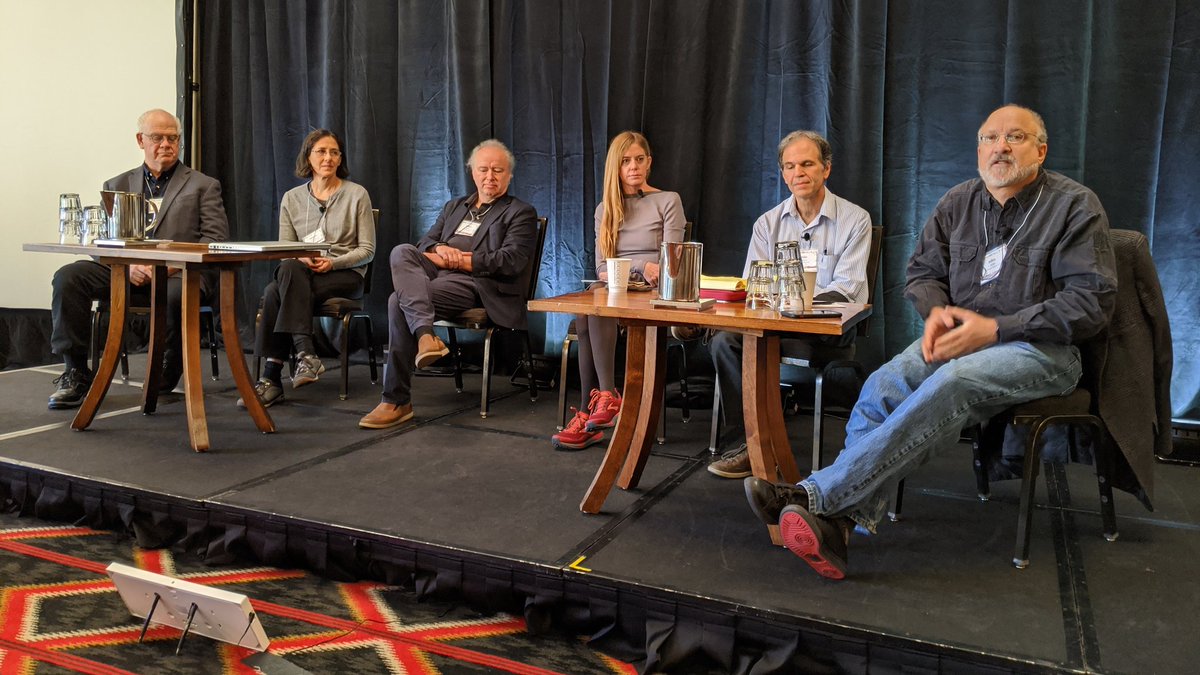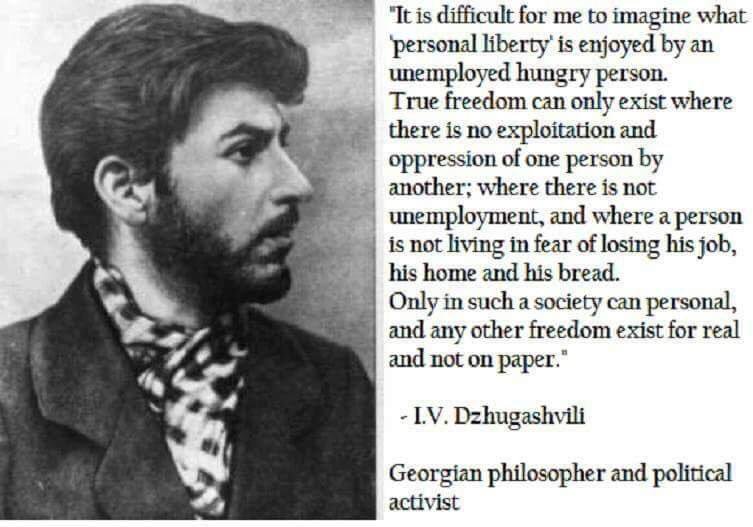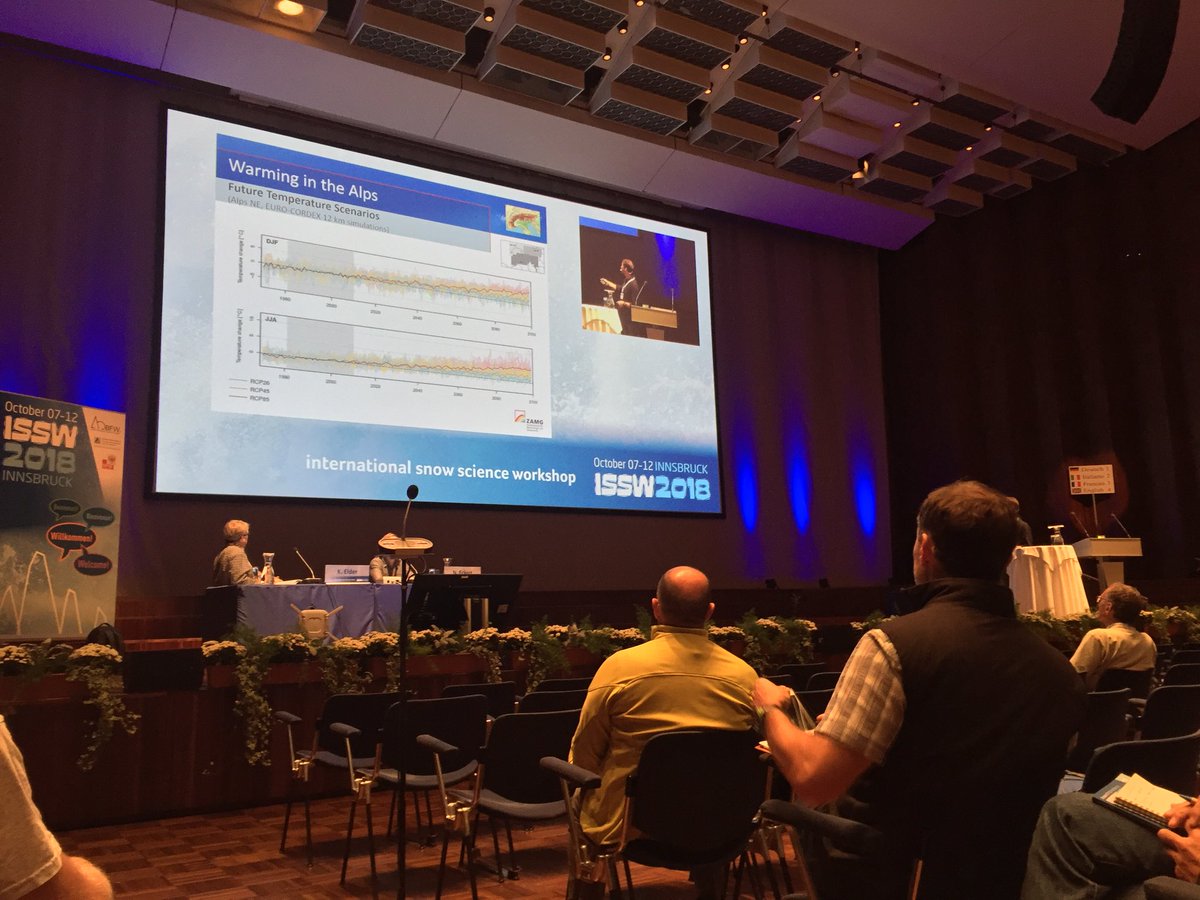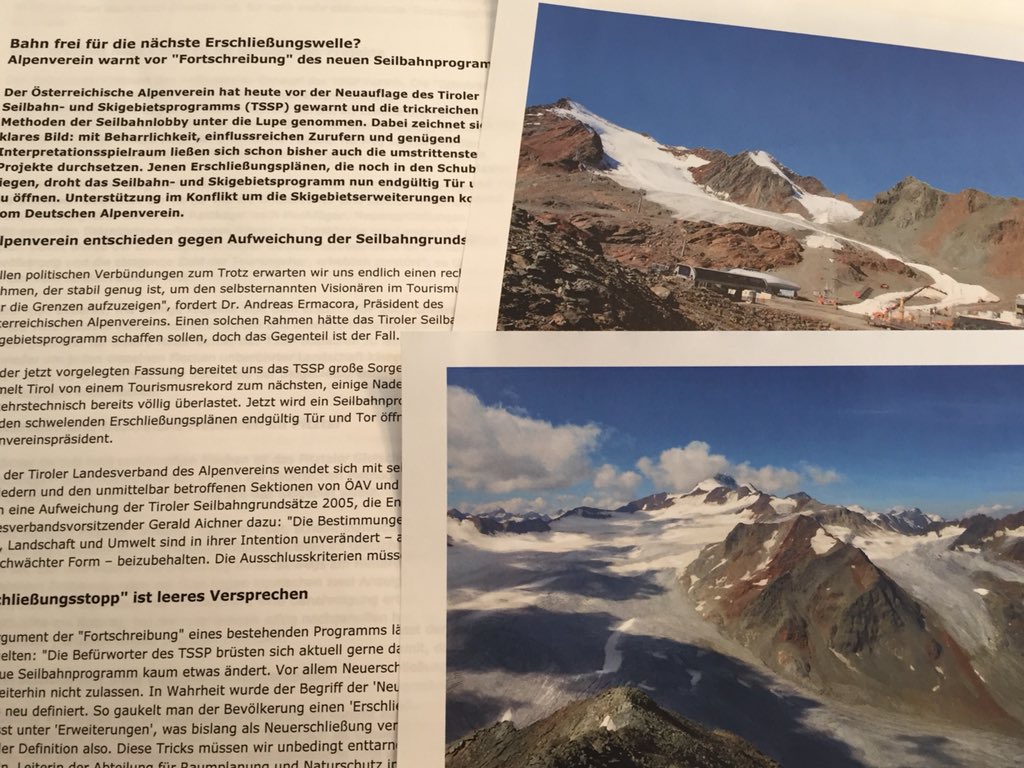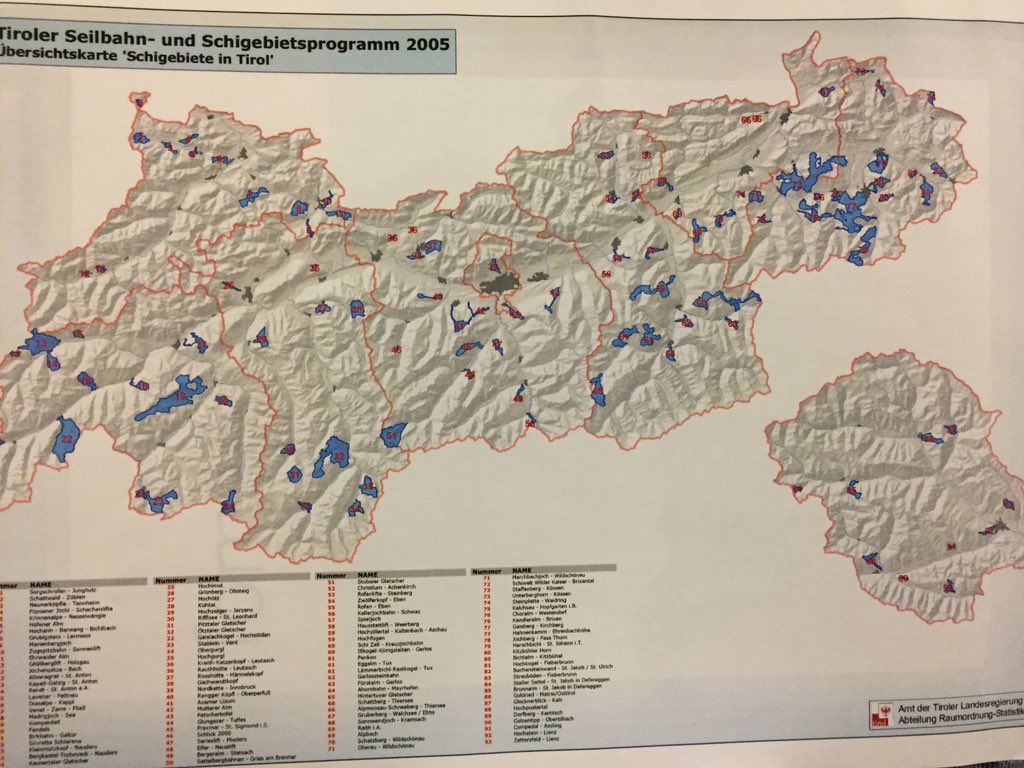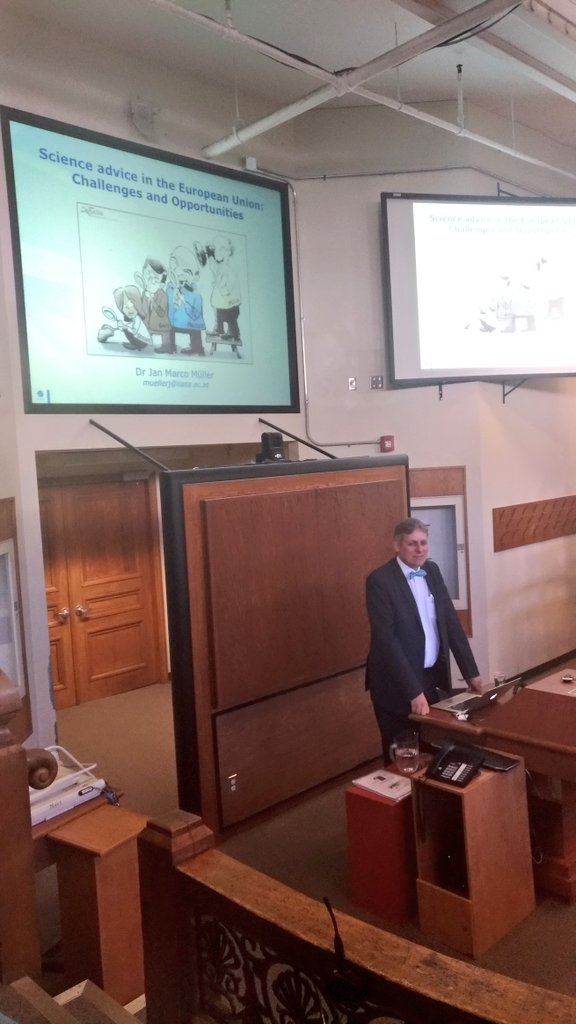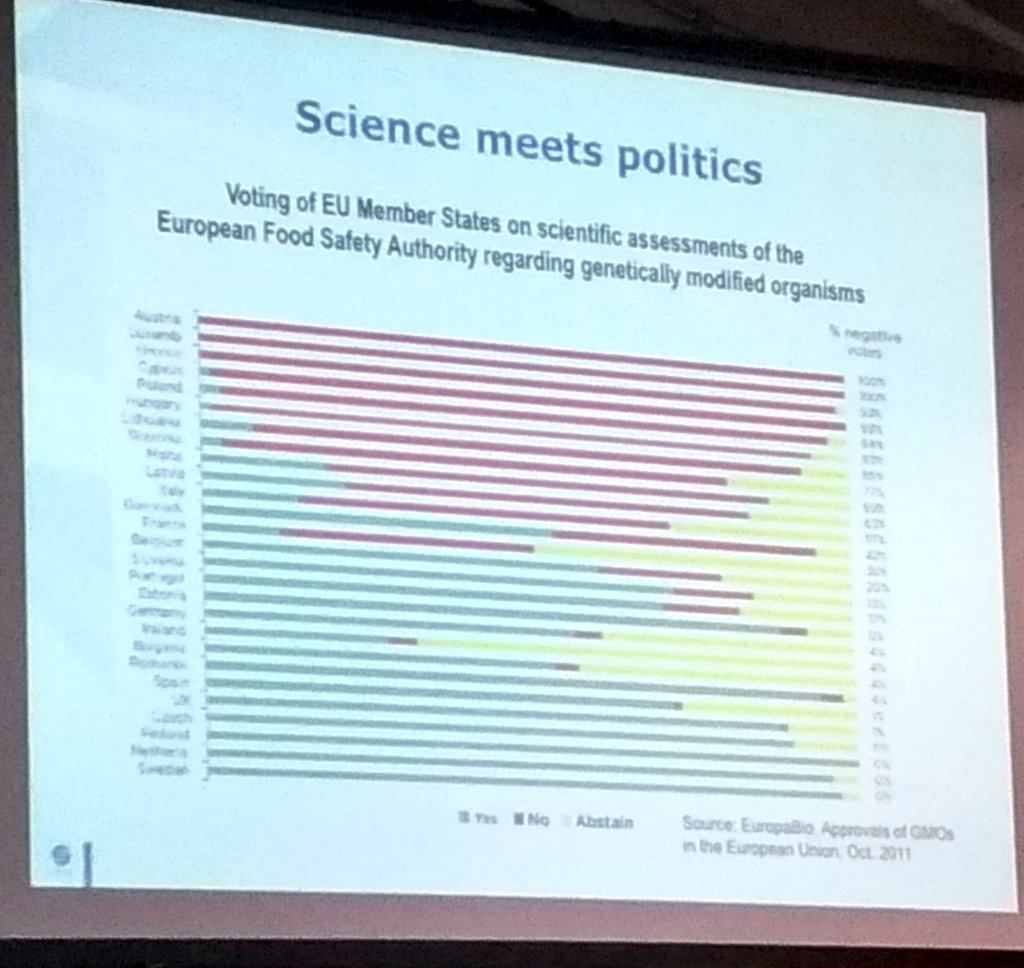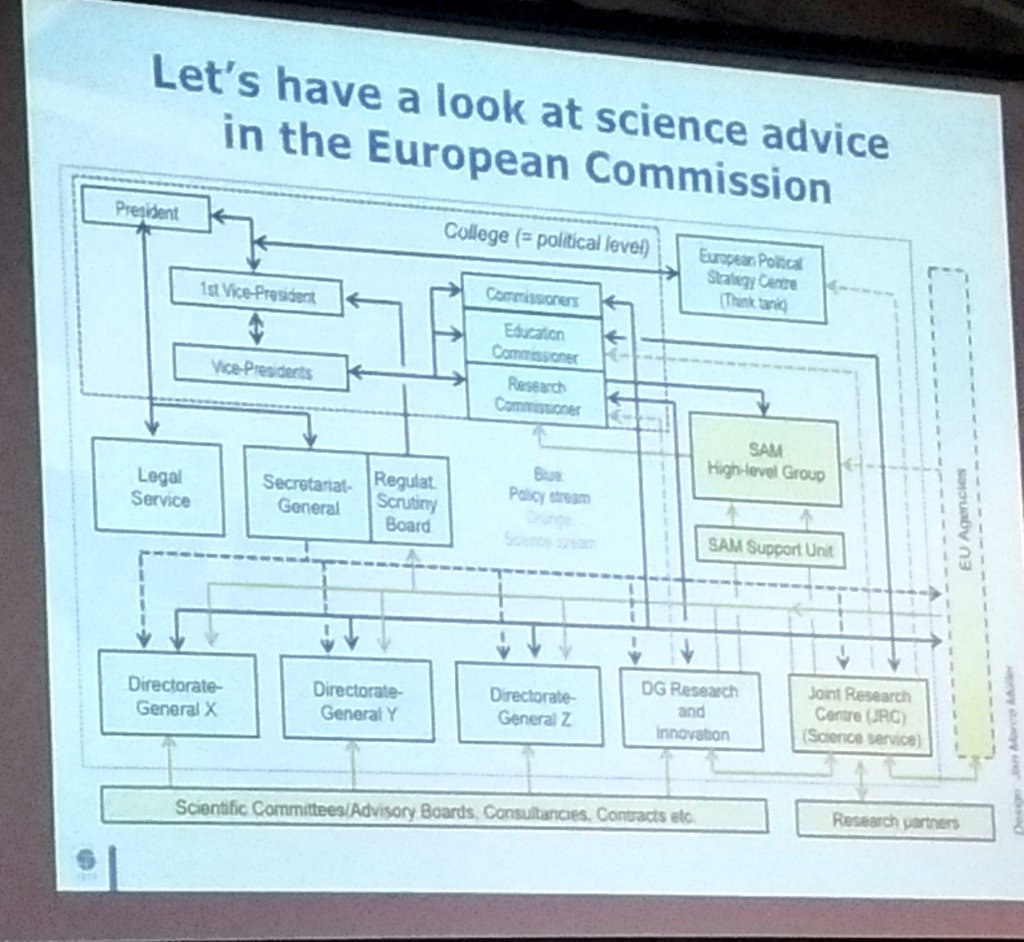To
@ajbouh
@anelsona
@antlerboy
@corneil
@fluffbuster
@jessitron
@mamund
@Merrion
@PezeshkiCharles
@startuployalist
@swardley
@yrashk
and others who are helping me put these thoughts into words. Thank you, and let’s keep it going.
1/27
2/27
3/27
ted.com/talks/carole_c…
and @thegreathackdoc, augmented by the results of the investigation led by Robert Mueller.
4/27
5/27
6/27
.
7/27
In one case I attended a talk by Jeremy England at MIT.
8/27
en.wikipedia.org/wiki/Miller%E2…
that created amino acids out of a simple primordial soup plus inputs of energy.
9/27
is framed in terms of thermodynamics. But I saw in some of the results he showed at MIT that there is an information domain that parallels the energy domain.
10/27
complexityexplorer.org/courses/95-ori…
...
11/27
complexityexplorer.org/courses/95-ori…
in which he explained in physics terms phase change as a general phenomenon, and introduced to me the concept of fracture propagation.
12/27
.
13/27
wolframscience.com/nks/,
which impressed me greatly.
14/27
en.wikipedia.org/wiki/Conway%27…;
also search “game of life software”.
15/27
Can we learn how systems built out of interconnected state machines generate emergent behavior? If so, perhaps we can understand our own society better as a system that we can study with simulation, just as England is doing.
16/27
.
17/27
.
An important aspect of this template is that it ties together *two* levels of phenomena, Things and Emergents (aggregates).
18/27
systemdynamics.org/origin-of-syst…
are one-level simulations at the aggregate level, in which behaviors such as flows are controlled by functions whose variables are properties of the aggregates, not of the elements of the aggregates.
19/27
20/27
21/27
whose essence is captured in this reply
.
22/27
.
23/27
This hints at a larger ambition I see for this work.
24/27
nytimes.com/2016/11/18/tec…
25/27
I see model-based simulation as part of the future of social science, uniting in a common experimental methodology what have previously been traditionally distinct disciplines.
27/27



